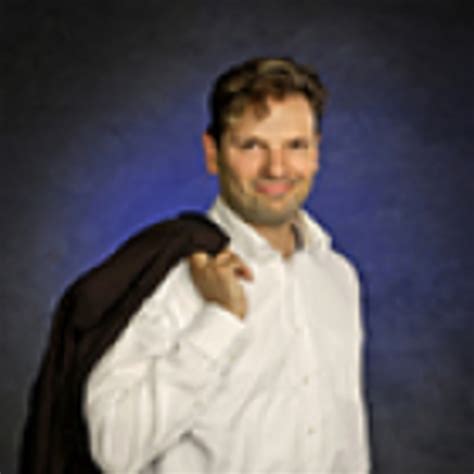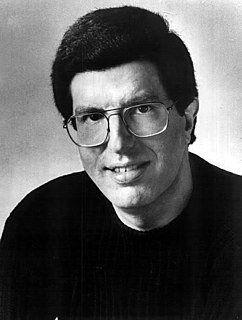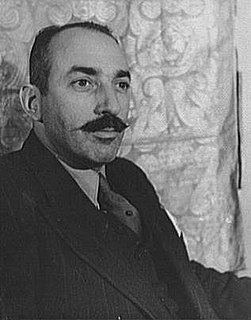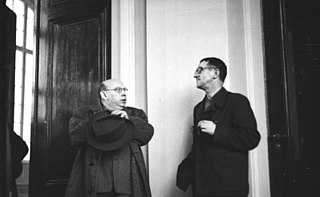A Quote by Andris Nelsons
It might be expensive to make music lessons available. But it's even more costly to deal with human beings who have half their intellect and spirit left undeveloped.
Related Quotes
Why should we desire the destruction of human passions? Take passions from human beings and what is left? The great object should be not to destroy passions, but to make them obedient to the intellect. To indulge passion to the utmost is one form of intemperance - to destroy passion is another. The reasonable gratification of passion under the domination of the intellect is true wisdom and perfect virtue.
Artists use frauds to make human beings seem more wonderful than they really are. Dancers show us human beings who move much more gracefully than human beings really move. Films and books and plays show us people talking much more entertainingly than people really talk, make paltry human enterprises seem important. Singers and musicians show us human beings making sounds far more lovely than human beings really make. Architects give us temples in which something marvelous is obviously going on. Actually, practically nothing is going on.
Everything we know has its origin in questions. Questions, we might say, are the principal intellectual instruments available to human beings. Then how is it possible that no more than one in one hundred students has ever been exposed to an extended and systematic study of the art and science of question-asking? How come Alan Bloom did not mention this, or E. D. Hirsh, Jr., or so many others who have written books on how to improve our schools? Did they simply fail to notice that the principal intellectual instrument available to human beings is not examined in school?
Comedies are just never that expensive quite frankly. They really aren't. We aren't doing green screen shooting, so even Hangover II in Bangkok might seem like it's expensive, you're flying over and back, but they're just not that expensive to make when you do it the way we do it which is very focused and I've done it before.
I understand that artists and critics make a big deal over the Grammys. But when I go to my shows and I'm selling out arenas in London, and when I'm in Australia and Japan, there aren't any Grammys there. There are human beings who I've touched. There are human beings who are inspired by me, who I love dearly. And that's what my career is based on.
I don't believe there are any powers, which in the larger sense, are unnatural or even supernatural. I think we just do not yet scientifically understand all of the powers inherent in the human consciousness, and the more attuned we are to the realm of spirit, the more our conscious mind is available to subconscious, spiritual prompting.
The need to make music, and to listen to it, is universally expressed by human beings. I cannot imagine, even in our most primitive times, the emergence of talented painters to make cave paintings without there having been, near at hand, equally creative people making song. It is, like speech, a dominant aspect of human biology.







































